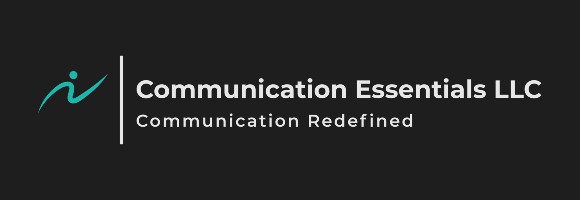Head Start Job BoardLooking for employment with Head Start? Click here to view the job board
Looking for Head Start Employees? As a membership benefit, Association Program Members can post their available positions free of charge.
Non-members can post their available positions for a nominal charge of $75 for 30 days, $150 for 60 and $225 for 90 days.
Login to the Job Board to post your open position. 1. A relevant job titleIn other words, a job title that job seekers actually search for. A lot of companies have unique job titles that fall outside the industry norm. Even if you want to use a catchy job title to garner intrigue, you’re better off using traditional terminology candidates are actually searching for. That increases the chances your posting will be seen by more job seekers via online job boards or search engines. 2. KeywordsIt’s also important to include commonly searched keywords (and phrases) throughout your job posting. These are common words job seekers use to search for jobs they want. Using relevant keywords increases the chances of your job showing up in job seekers’ search results. It's a good idea to include industry-specific words and terms that are relevant to the position as well as alternate job titles that could describe the same position. For example, including both “sales rep” and “account executive,” “digital marketer” and “online marketer,” or “marketing coordinator” and “marketing specialist.” 3. The “About Us” sectionCandidates want to know what they’re in for, so be sure to include one or two sentences about your company. In addition to telling job seekers what your company does, talk about its mission, values and the corporate culture. Include any awards or recognition your company has received and why employees love working for you. 4. Specific job responsibilitiesA good job ad outlines exactly what the position requires and tells candidates what skill set they should have. This will enable unqualified candidates to weed themselves out. 5. Pay infoCandidates are up to 13 times more likely to apply for a position when salary information is included in the job posting. Additionally, including salary information (or a salary range) will keep job seekers who aren't satisfied with that salary from wasting your time or theirs applying. 6. BenefitsTell job seekers what’s in it for them. In addition to listing standard benefits like health insurance and 401(k), include any perks that make your company stand out, like remote work or a flexible schedule. A recent CareerBuilder survey found that extra perks make job seekers more likely to join a company, so think about the intangible benefits as well - such as good work-life balance, challenging work and the ability to make a difference. 7. Location, location, locationLocation can be a deal-breaker for a lot of candidates, so be sure to let them know where the job is located right away. If, however, you are willing to let them work remotely or offer work from home days, be sure to mention that transparently as well, as that could sway their decision. What to leave out of your job postings1. Information overloadGive job seekers the information they need to know, but don’t go overboard with minutiae. The more information you provide, the longer the job posting and the less likely job seekers are to read the entire thing. When creating your job posting, try to differentiate between what job seekers absolutely need to know and what you can safely leave out. 2. False promisesDon’t oversell the opportunity and make the job (or your company) out to be something it isn’t for the sake of attracting more applicants. The tactic may succeed at first, but in the end it will only succeed in attracting the wrong type of applicant. |




